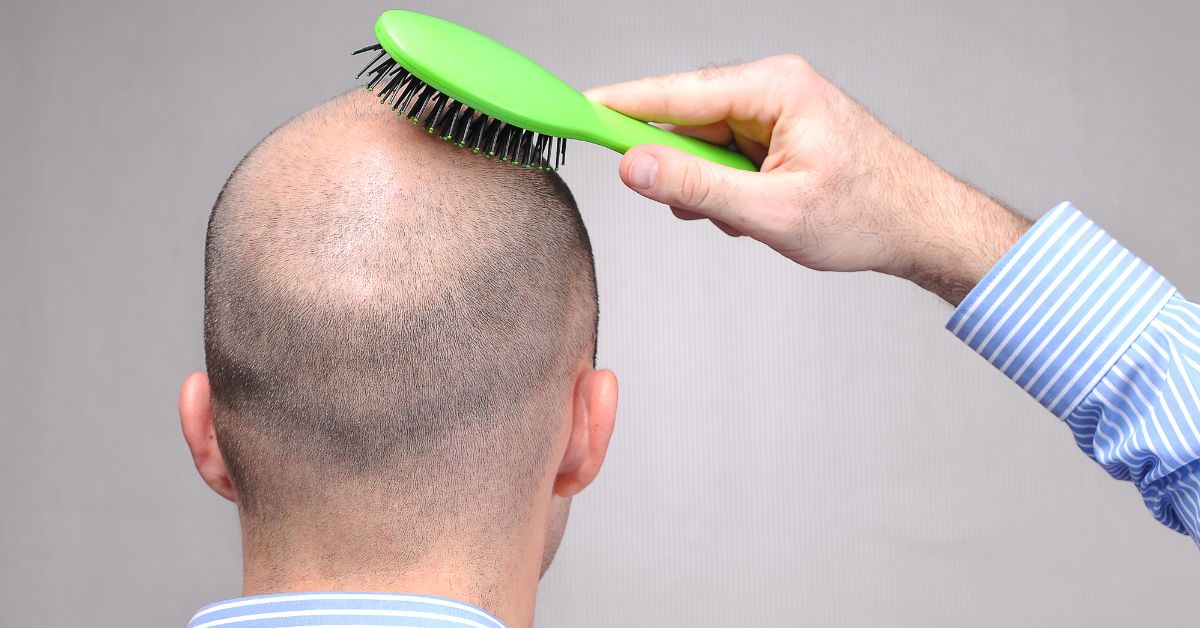
"His symptoms included obsessive thoughts that made it hard to make decisions and, later, compulsive behaviours like repeatedly switching lights on and off or not bathing for days."
"As a family, we were divided. My husband thought we should stop him from performing his compulsions, but my son would beg us to let him continue. His younger sister had a hard time understanding why he got so much attention. I was caught in the middle and it took a toll on me emotionally and physically – I even fell into a depression, suffered panic attacks and was hospitalised."
The "OCD capital" of the world

Credit: Private Space Medical
As its name suggests, OCD is about obsessions and compulsions. Obsessions are recurrent, unwanted and intrusive thoughts that provoke a high level of anxiety in the person, says Dr Tay.

Credit: Private Space Medical
Dr Tay says that OCD symptoms may relate to one or more of the following themes:
- fear of contamination and washing/cleaning behaviours
- checking behaviour due to excessive doubt, religious or blasphemous thoughts
- repetitive mental counting and assurance seeking
- packing and hoarding behaviours.
Treatment options for OCD

Credit: Institute of Mental Health (IMH)
"The person is encouraged to deliberately expose themselves to the obsessional cues and to refrain from engaging in the associated compulsion or ritual. Extinction of the distress is achieved after consistently learning to approach the triggers (exposure) without performing the rituals (response prevention)."
"TMS is a non-invasive medical procedure that relies on the generation of brief magnetic fields to generate a weak electrical current in the brain, that briefly activates neural circuits at the stimulation site."
Showing compassion and setting boundaries
You should also show compassion to your loved one. Family members of a person with OCD may experience distress, frustration, anger and other emotions because of the person’s behaviours.
"Even when patients are on treatment, be patient with them, as they can improve at different rates."

Credit: Caregivers Alliance Limited
"But over time, I realised the importance of setting boundaries – for his growth and my own well-being. Now, I support him emotionally, give him space to manage on his own and step in only when necessary."
"The compulsions come from a place of anxiety, and it takes a lot of strength for them to even get through a day. With the right support and understanding, recovery is possible. Education and empathy make a huge difference."






